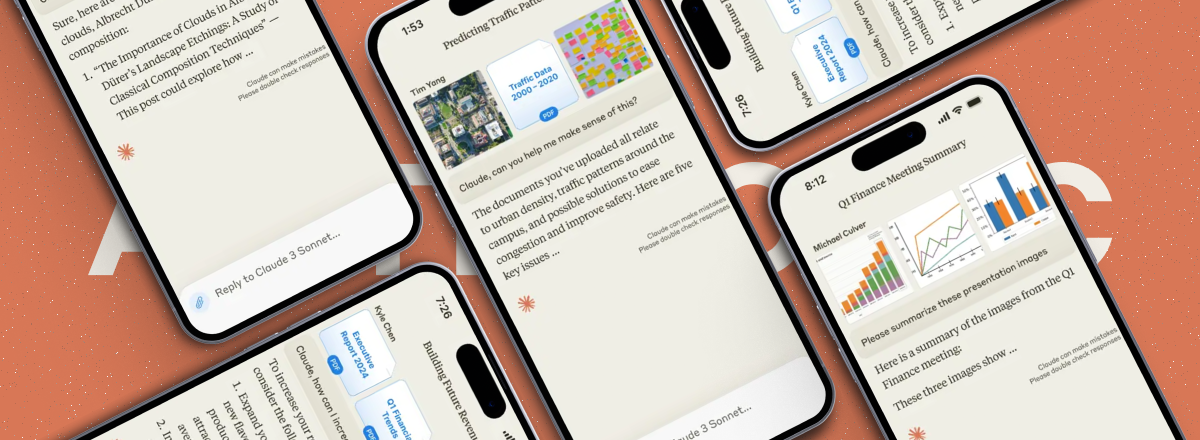Anthropic has launched its latest AI model, Claude 3.5 Sonnet, positioning it ahead of OpenAI’s GPT-4o and Google’s Gemini in various benchmarks. This new model is part of Anthropic’s ongoing effort to refine and expand its AI offerings, providing a middle-ground option in its lineup between the more accessible Haiku and the high-end Opus models.
Introducing Claude 3.5 Sonnet—our most intelligent model yet.
— Anthropic (@AnthropicAI) June 20, 2024
This is the first release in our 3.5 model family.
Sonnet now outperforms competitor models on key evaluations, at twice the speed of Claude 3 Opus and one-fifth the cost.
Try it for free: https://t.co/uLbS2JMEK9 pic.twitter.com/qz569rES18
The Claude 3.5 Sonnet is designed to excel in complex tasks such as coding, multistep workflows, and visual interpretation, outperforming Claude 3 Opus across several metrics. Its enhanced capabilities include interpreting charts and graphs, transcribing text from images, and engaging in more human-like interactions by understanding nuances and humor.
One of the standout features of the new Claude model is its speed, operating at twice the rate of the previous version, which makes it ideal for applications requiring rapid processing like customer support and interactive workflows. This efficiency does not come at the expense of intelligence or output quality, with the model also excelling in graduate-level reasoning and undergraduate-level knowledge.
Additionally, Claude 3.5 Sonnet introduces a novel feature called "Artifacts." This tool allows users to interact directly with AI-generated content such as code snippets and text documents within the Claude.ai interface, enhancing productivity and user engagement. Artifacts aim to transform Claude from a simple conversational AI into a comprehensive collaborative platform suitable for both individual users and enterprise solutions.

The model is available to both free users and subscribers via the Claude iOS app, Claude.ai, and through Anthropic’s API on platforms like Amazon Bedrock and Google Cloud’s Vertex AI.














